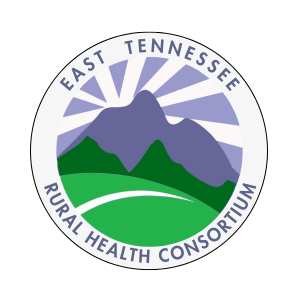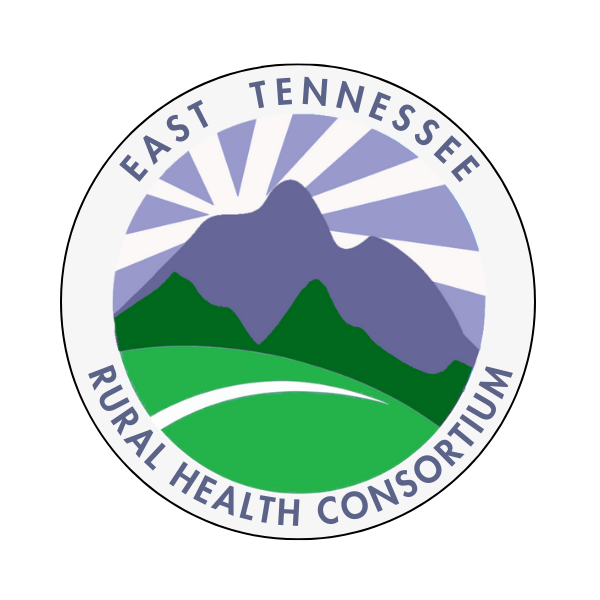What to expect from the YD Trainings:
The Youth Development Trainings are aimed at ensuring youth-led success for Youth HOPE, a program aimed at helping at-risk youth develop and implement strategies to address opioid use disorder. These online training sessions will help you highlight and solidify key concepts that you can take with you as you continue your work with Youth HOPE. In total, there are seven online trainings to watch with an evaluation survey attached to each one. Each of the seven online trainings range from 15-20 minutes.
Session 1:
Session 1 highlights Chapter 1 of the Community Network for Youth Development: Youth Development Guide. In this session, we will be discussing three main models that underlie programs for young people. These are called the Prevention Model, the Deficit Model, and the Youth Development Model.
Session 1 Learning Objectives:
- Define and discuss the Prevention Model
- Define and discuss the Deficit Approach
- Define and discuss the Youth Development Approach
Session 2:
Session 2 highlights the fundamentals in youth and adolescent development. In this session, we will be discussing certain mis-perceptions about teens by compiling results from the latest research on youth brain development.
Session 2 Learning Objectives:
- Identify and discuss fundamentals in youth and adolescent development
Session 3:
Session 3 highlights Chapter 2 of the Community Network for Youth Development: Youth Development Guide. In this session, we will be discussing how we can incorporate positive youth development approaches in out-of-school opportunities for young people. We will also be discussing what the latest evidence says of what we want young people to be able to do as they enter early adulthood.
Session 3 Learning Objectives:
- Identify and discuss key experiences youth that youth need in all settings
Session 4:
Session 4 of the Youth Development Trainings highlights Chapter 3 of the Community Network for Youth Development: Youth Development Guide. In this session, we will be discussing adverse childhood experiences (ACE’s), differences between emotional safety and physical safety, and the overall importance of equitable safety.
Session 4 Learning Objectives:
- Define and discuss physical safety
- Define and discuss emotional safety
- Define and discuss ACE’s
- Discuss the importance of equity in safety
Session 5:
Session 5 of the Youth Development Trainings highlights Chapter 4 of the Community Network for Youth Development: Youth Development Guide. In this session, we will be discussing relationship building and elements of a healthy relationship.
Session 5 Learning Objectives:
- Identify factors that are present in healthy relationships
- Define and discuss relationship building
Session 6:
Session 6 of the Youth Development Trainings highlights Chapter 5 of the Community Network for Youth Development: Youth Development Guide. In this session, we will be discussing the potential young people have to contribute to program development and implementation.
Session 6 Learning Objectives:
- Define and discuss meaningful youth participation
- Identify organizational practices to increase youth participation
Session 7:
Session 7 of the Youth Development Trainings highlights Chapter 6 of the Community Network for Youth Development: Youth Development Guide. In this session, we will be discussing the importance and benefits of community involvement for both youth and the community.
Session 7 Learning Objectives:
- Discuss and define community involvement
- Identify the community benefits of community involvement by young people
- Identify benefits to young people by being involved in community activities

